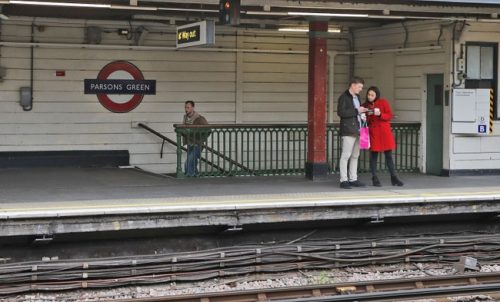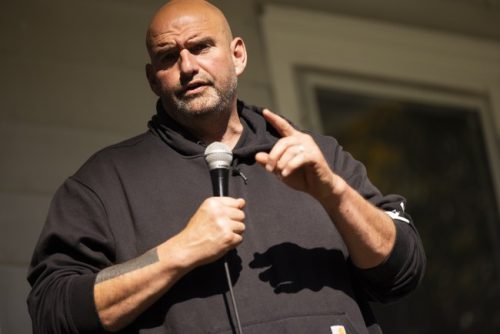Women across Britain face growing threats in public life as cultural battles and policy failures collide. This piece lays out two main pressures — ideological shifts around gender and an influx of migrants from societies that devalue women — and ties those pressures to concrete incidents, troubling legal outcomes, and national crime trends. It points to specific episodes where everyday safety is violated and to official reactions that often prioritize politics over protection. An editor’s note ties the U.K. example to domestic political accountability in the United States.
British women are being squeezed from two directions: activist campaigns that blur legal protections for single-sex spaces and a political class that delays firm decisions. The U.K. Equalities Minister said rules about single-sex bathrooms and other spaces could be delayed by a year as the government runs “studies” on the “impact” on business. At the same time, the U.K. branch of Glamour Magazine also named a bunch of men its “Women of the Year” in defense of “trans rights”, a move that left many women wondering who is defending their biological reality.
Alongside that ideological scramble, migration patterns are reshaping everyday life in some British cities and transit hubs. Women report harassment while doing routine things like waiting for a train, and those encounters are increasingly public and brazen. The combination of cultural confusion and demographic change creates a volatile mix for street-level safety.
These women are just sat at a train station in London
He approaches them and strokes her hair
She rejects his advances
He asks if they want to die?
She's clearly petrified
She reaches for her phone
He tells her she's going to dieBritish women shouldn't be living like this pic.twitter.com/PgPiCMWE7K
— Basil the Great (@Basil_TGMD) October 31, 2025
In one recent case an attacker recorded his own abuse, wearing a mic to make the encounter into “content” for viewers, which adds a sick twist to already violent behavior. The choice to monetize or broadcast harassment shows a disturbing disrespect for victims and for public decency. Seeing assault treated as entertainment highlights how degraded standards of behavior have become in certain circles.
Recording abuse is not an isolated phenomenon; it indicates a wider erosion of consequences for offenders and a willingness to exploit shame for clicks. Victims who try to defend themselves face another cruel barrier: the charge of wrongdoing for responding to an attack. If a woman pushes back, she often risks being accused of racism or xenophobia, depending on who the attacker is and who is doing the reporting.
That chilling effect shows up in the legal system when self-defense meets a rigid prosecutorial narrative. Earlier this year, Martyna Ogonowska lost her appeal after being sentenced to 17 years in prison for stabbing a man who was sexually assaulting her. Cases like that send a message: the law can punish victims while letting attackers evade broader accountability, and that reality shapes how women behave in public.
The courtroom outcome in Ogonowska’s case is not just tragic for one woman; it feeds public fear that the justice system will not protect ordinary people who act to stop an assault. Judges and juries are operating in a climate where political correctness and questions about motive complicate clear-cut self-defense claims. That legal uncertainty discourages confrontation and leaves potential victims feeling trapped rather than empowered.
Beyond individual cases, official statistics show the scale of the problem and the speed of its growth. Over the last decade the U.K. has recorded a sharp rise in reported rapes and sexual assaults, growing from around 16,000 cases in 2012 to over 70,000 in 2024. Those numbers reflect either worsening behavior, greater reporting, or both, but in practice the result is more fear and less freedom for women on the ground.
Public policy choices matter when they shape policing priorities, border enforcement, and cultural messaging about gender and safety. A government that dithers while conducting endless “studies” signals to both victims and perpetrators that immediate protection is not the priority. Meanwhile, cultural elites who cheer for symbolic stunts like handing “Women of the Year” awards to men in the name of “trans rights” further alienate women who simply want safe, single-sex spaces to remain protected.
When local institutions refuse to put women first, citizens notice and adapt their behavior, often by withdrawing from public life or by tolerating risk rather than confronting it. That withdrawal hurts communities and undermines the social cohesion that keeps neighborhoods safe. The absence of decisive leadership and clear rules leaves law-abiding people paying the price for policy confusion and cultural signals that prioritize ideology over safety.
Editor’s Note: The Schumer Shutdown is here. Rather than put the American people first, Chuck Schumer and the radical Democrats forced a government shutdown for healthcare for illegals. They own this.






